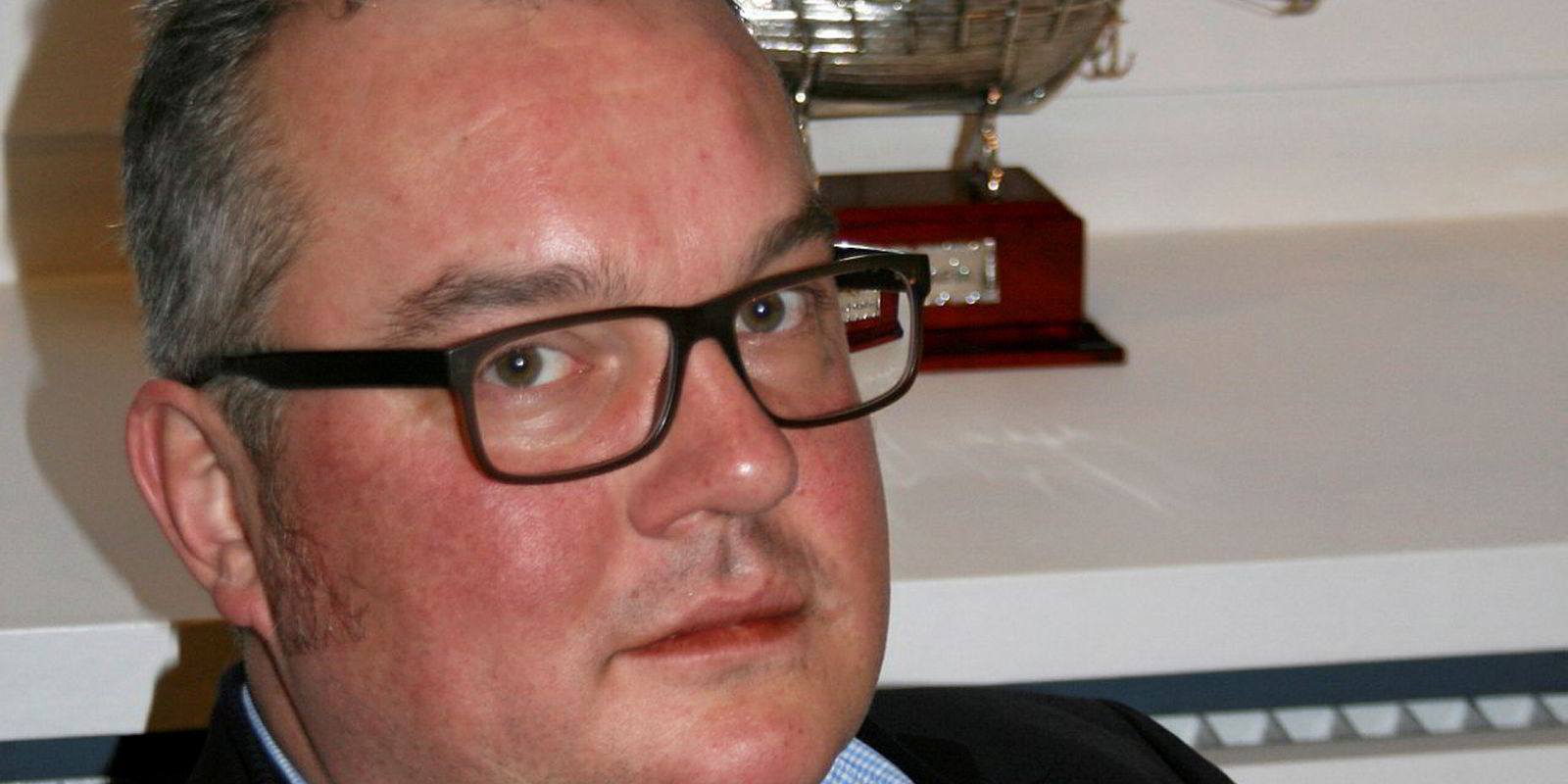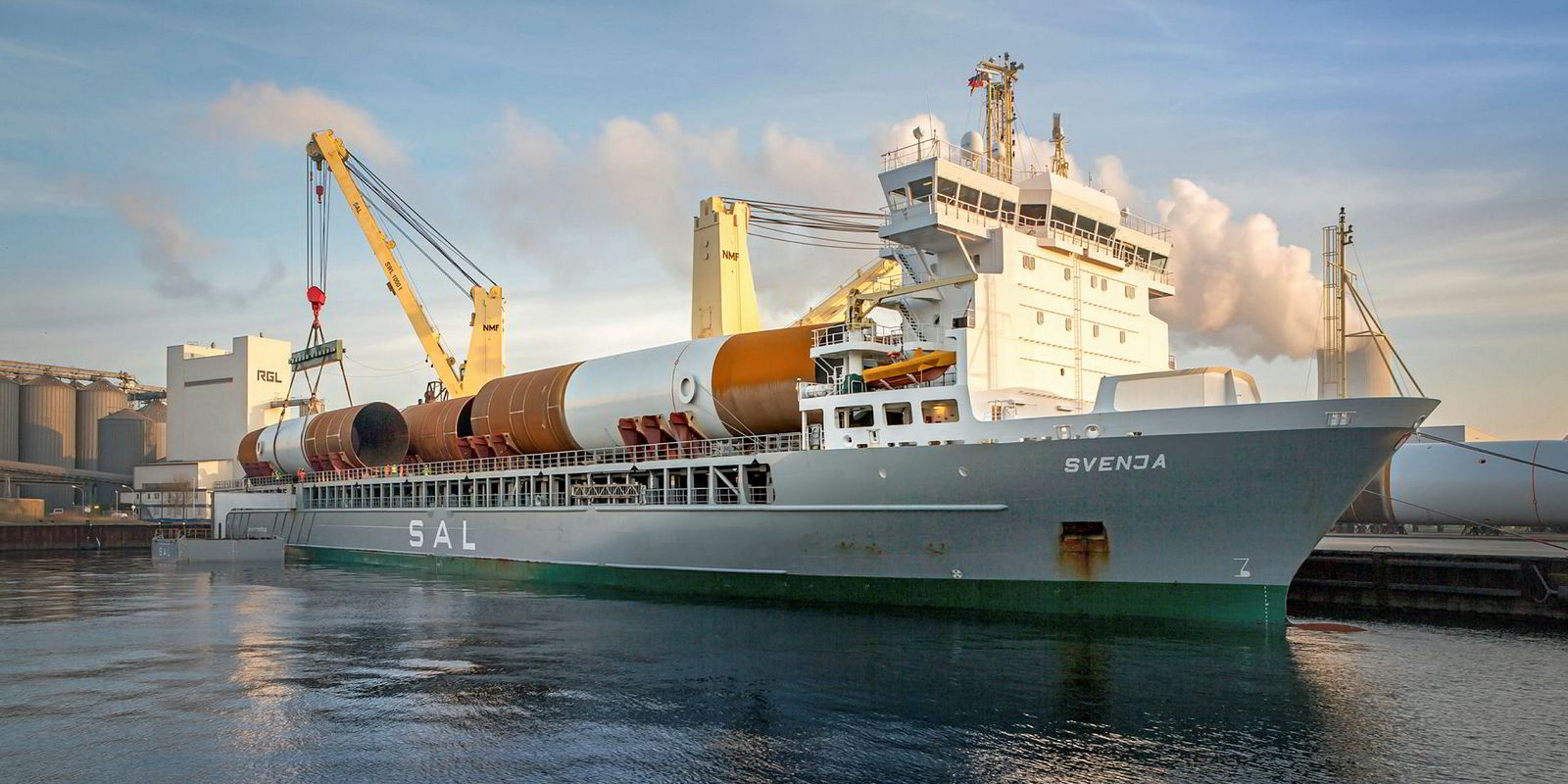The German multipurpose heavylift market continues to face big changes with alliances and new players entering the market, others exiting and private equity interest growing from as far afield as China and the US.
Harren & Partner’s acquisition of SAL Heavy Lift, Zeaborn Group’s takeover of first Rickmers Linie’s activities and subsequently its shipmanagement operation, and market giant BBC Chartering’s tie-up with Jumbo Maritime are just some of the many developments on an almost constantly changing multipurpose ship (MPP) stage.
Other moves include the emergence of players such as the Press family’s Deugro Group via its ship operating arm d.ship Carriers and DS Multibulk, a subsidiary of Dr Peters Group.
The big shake-up began several years ago with the collapse of Niels Stolberg’s Beluga, the rapid growth of its Oaktree Capital Management-controlled successor, Hansa Heavy Lift, and the redistribution among various players of the Beluga fleet, including its many newbuildings.
Closely following the German market is Nicolas Breiding, chief research officer at Hamburg-based Toepfer Transport, which introduced a time charter index (TMI) tracking the prominent 12,500-dwt F Type MPP ships initiated by Stolberg.
Information is not easily obtained in the MPP/heavylift market given its specialised nature. But the TMI collates six to 12-month time charter rates from owners, operators and brokers in a bid to gain some idea of how the market moves generally.
Breiding says the TMI has continued to increase since the all-time low in March 2017, reaching $6,700 in December before dipping slightly to $6,678 last month.
However, some players say they have not benefited from a subsequent rise in freight rates. Toepfer Transport’s MPP report puts this down to operators having long-term cargo commitments, which may have been fixed at much lower freight levels, or the spot market for cargoes yet to show a marked improvement.
“On the cargo side, many German operators can’t see the market picking up in the same way,” Breiding tells TradeWinds.
Also, higher oil prices are eating into margins.
Duegro Group, which is among the newer players making inroads into the market, is basically a logistics company whose d.ship’s website says it now has more than 10 MPP/heavylift ships of 5,000 dwt to 12,000 dwt and combined crane capacity up to 300 tons.
Its selling point is the ability to provide a package of shipping solutions taking cargo from the area of production to the site of final assembly. And it has offices in Singapore, the US and Japan, as well as Bremen, which traditionally is a centre for German MPP operators.
Another emerging name is DS Multibulk, led by former Hansa Heavy Lift chartering and operations director Steve Hutty. It has a listed fleet of seven MPP ships ranging from 10,800 dwt to 12,500 dwt and a combined crane capacity up to 300 tons.
The view is that emerging and expanding players believe the market has bottomed out and the only way is up. Also, the banks have been keen to clear legacy investments by offloading vessels to meet their Basel II and Basel III requirements.
Among the key alliances has been Leer-based BBC Chartering, the operating arm of Roelf Briese’s Briese Schiffahrt, which linked up with another family-owned company — Netherlands-based Jumbo.
The two companies’ fleets complement rather than compete with each other.
BBC Chartering is the market’s biggest MPP player with currently more than 145 vessels on a long-term basis — a combined lifting capacity up to 900 tons — and a volume projects player.
In contrast, Jumbo operates a specialised fleet of heavylift vessels, offering lifting capacities from 650 to 3,000 tons.
Lower asset prices are also tempting new and financially stronger existing players to acquire tonnage if they believe time charter rates are rising and are optimistic that cargo volumes will eventually grow.
Breiding notes that an F type vessel in the past could cost more than $29m but a 10-year-old ship can be bought for around $6.5m now.
“If you can run the ships with an opex [operating expenditure] of $4,500 and earn a time charter equivalent of $7,500 to $8,000 [per day], it isn’t bad,” he says.
Also, there is a positive outlook on future cargo volumes given the rise in oil prices kick-starting offshore oil and gas exploration and production programmes, as well as infrastructure projects in the US, India and elsewhere. This is on top of China’s closure of old coal-fired power stations and focus on renewables, including wind and solar power.





